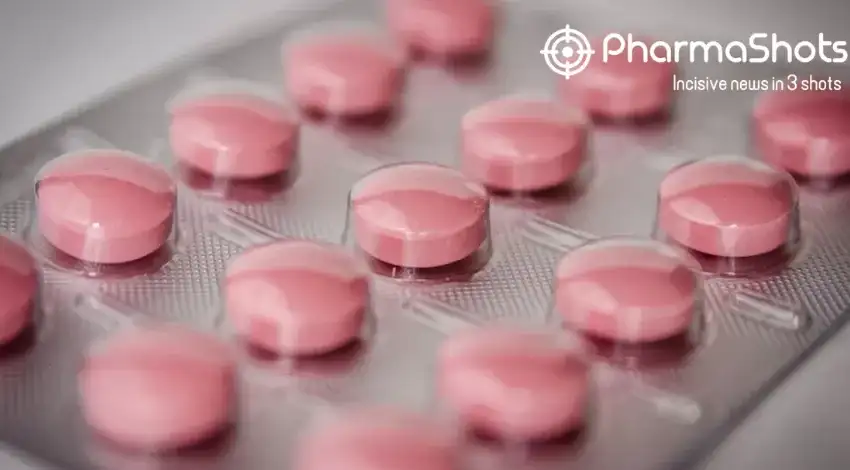Trends Shaping the Peptide Therapeutics Market in 2025
The peptide therapeutics market in North America and beyond is evolving fast, and 2025 is set to be a groundbreaking year.
Whether you’re a researcher involved in peptide drug clinical trials, an investor in different pharmaceutical companies, or just curious about the future of medicine and drug discovery, understanding various peptide therapeutics market trends will keep you ahead.
Discover the key forces that are reshaping the dynamic industry of peptide synthesis and drug development today.
Growing Interest and Investment in Drug Development
Biopharma investments are expected to go big on peptides. In 2025, you’ll see more investments in biotech firms specializing in peptide platforms in North America, Asia Pacific, and other regions.
For instance, research-focused companies like BioLongevity Labs are building the infrastructure needed to support advanced peptide research with domestically manufactured, independently tested compounds for in vitro applications.
Collaboration between relevant stakeholders will also spike, fast-tracking innovations in peptide drug development.
If you’re an investor, follow the money—startups focusing on novel therapeutic peptides will be hot targets.
Increased Demand for Targeted Cancer Treatments
Peptide drugs are becoming a game-changer in oncology. Unlike traditional chemo, which attacks healthy cells, peptide-based drugs zero in on tumors with precision. In 2025, expect more regulatory approvals for peptide drug conjugates (PDCs) that deliver toxins directly to cancer cells.
You’ll also see a surge in personalized peptide vaccines produced by top pharmaceutical companies. Such synthesis technology methods stimulate the immune system to recognize and destroy cancer-specific antigens. With rising cancer rates globally, this trend isn’t just promising—it’s critical for personalized medicine.
Novel Drugs Help Diabetes and Obesity Management
GLP-1 receptor agonists like semaglutide have already made waves in the United States, Asia Pacific, and other significant markets. But in 2025, next-generation peptide drugs will push further. Think dual- or triple-acting agonists that tackle blood sugar, body weight management, and cardiovascular health in one shot.
Synthetic peptides formulated for oral route are also breaking barriers in drug delivery technologies. Forget injections—new formulations and drug delivery systems are enhancing bioavailability, making personalized medicine easier and more accessible.
If you’re watching the diabetes space and its market size this year, peptide drugs will dominate the conversation.
Artificial Intelligence (AI) and Computational Design Accelerating Drug Discovery
Gone are the days of trial-and-error peptide drug development. AI models now predict optimal sequences in therapeutic peptides. This cuts research time from years to months.
In 2025, you’ll see more startups and giant pharmaceutical companies in North America and beyond leveraging machine learning to design peptide drugs (along with peptide conjugates) with near-perfect stability, potency, and low side effects.
This isn’t just about speed—it’s about cost, too. Industry reports that AI will further slash peptide drug research and development expenses. This means more affordable therapies could achieve a bigger share in the peptide therapeutics market sooner.
Expansion into Chronic and Rare Diseases
Peptides aren’t just for cancer and diabetes anymore. In 2025, they’ll play a bigger role in Alzheimer’s, autoimmune disorders, and even rare genetic conditions. Peptide drugs’ high specificity and low toxicity (all thanks to their dependable synthesis technology) make them ideal for diseases with limited treatment options.
Watch for peptides targeting amyloid-beta in Alzheimer’s or modulating immune responses in lupus. For patients with rare diseases, this could be life-changing.
Improved Delivery Systems Enhancing Efficacy
Peptides have a reputation for poor stability and short half-lives. But 2025 will bring smarter solutions:
- Nanocarriers and other drug delivery systems protect peptides until they reach their target;
- Subcutaneous implants for sustained release over weeks or months in comparison to other traditional drug delivery routes; as well as
- Cell-penetrating peptides (CPPs) that ferry drugs across biological barriers.
These advances mean fewer doses, better patient compliance, and stronger results.
Authority Tailwinds Speeding up Regulatory Approvals
Industry reports of the peptide therapeutics market suggest that regulators are streamlining pathways for regulatory approval for peptide drug treatments and other drug classes.
North American drug authorities’ peptide-specific guidelines and orphan drug designations will help more candidates reach patients faster. In 2025, expedited reviews of clinical trials for breakthrough peptides (especially in oncology and rare diseases) will be common.
This is good news for everyone: developers, hospital pharmacies as well as online drug stores, patients, and healthcare systems.
Sustainability in Peptide Synthesis
Peptide synthesis traditionally relies on harsh chemicals. But greener methods are emerging, like enzymatic synthesis and solvent-free processes.
In 2025, sustainable production will fill multiple North American peptide drug market reports. And it won’t just be ethical—it’ll be a competitive edge for companies touting eco-friendly pipelines.
Conclusion: A Market Poised for Transformation
The peptide therapeutics market in the United States and beyond 2025 is all about precision, accessibility, and speed. From AI-designed cancer drugs to oral obesity treatments, these trends aren’t just shaping the future—they’re rewriting it.
Whether you’re a patient, investor, market reports journalist, or innovator in peptide drug synthesis technology, one thing’s clear: peptides are the next frontier in medicine, and the time to pay attention is now.




